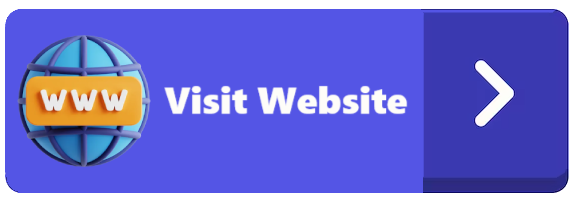
Google Meet: A Comprehensive Overview
Google Meet is a video conferencing service developed by Google, designed for secure, efficient, and high-quality virtual meetings. It is part of the Google Workspace suite, previously known as G Suite, but it is also accessible to users with a regular Google account. Originally intended for enterprise and educational use, Google Meet has evolved to serve a wide range of users including professionals, students, educators, and everyday individuals needing to connect remotely.
Key Features and Applications of Google Meet
Offers high-definition video and audio quality for online meetings, ensuring a professional experience
Supports real-time screen sharing, which is useful for presentations, training sessions, or technical support
Allows participants to share documents, slides, and other materials directly through integration with Google Drive
Enables live captions powered by Google's speech recognition technology, improving accessibility for users with hearing difficulties or those in noisy environments
Provides integration with Google Calendar, making it easy to schedule and join meetings with one click
Allows users to join meetings directly from a browser without needing to download any software or plugins
Offers strong security features including encryption in transit and advanced protection for users on paid Workspace plans
Facilitates large meetings by supporting up to 100 participants in the free version and more in paid versions
Supports breakout rooms, Q&A features, polls, and hand-raising tools in premium versions, which enhance collaboration especially in educational and large business settings
Offers the ability to record meetings in premium versions, which is useful for later review or for sharing with absent participants
Accessible via multiple platforms including web, Android, and iOS devices, offering flexibility in where and how users join
Provides a tiled layout view, allowing users to see multiple participants at once, improving engagement during group discussions
Includes background noise cancellation in paid versions, which helps maintain clarity in audio even in disruptive environments
Offers background blur and virtual backgrounds to maintain professionalism or privacy during video calls
Integrates smoothly with other Google services such as Gmail and Google Classroom, especially valuable in educational environments
Allows meeting host controls to mute participants, remove disruptive users, and manage access to meetings, increasing control and security
Free vs Paid Usage
Google Meet offers both free and paid plans, each with its own limitations and capabilities. The free version is available to anyone with a Google account and supports basic functionality, including video calls up to 60 minutes in length and up to 100 participants. While it does not include premium features like recording or breakout rooms, it is still fully functional for general communication and collaboration needs.
Paid plans are part of Google Workspace and are aimed at businesses and educational institutions. These plans unlock additional features such as:
Longer meeting durations (up to 24 hours)
Larger meeting capacities (up to 500 participants)
Advanced moderation controls
Meeting recording and saving to Google Drive
Attendance tracking
Noise cancellation and enhanced video quality
Administrative controls for managing user accounts and data
Comparison with Other Video Conferencing Tools
Google Meet stands alongside competitors such as Zoom, Microsoft Teams, and Cisco Webex. While all provide video conferencing solutions, they each cater to slightly different audiences and priorities.
Google Meet is praised for its simplicity and ease of use, especially for users already integrated into the Google ecosystem. Its browser-based operation and integration with Gmail and Google Calendar make it highly convenient for users who prefer minimal setup and direct scheduling.
Zoom is known for its extensive features, especially for webinars and large-scale virtual events. It offers more customization in its free plan but requires software installation and frequent updates.
Microsoft Teams excels in corporate environments, especially where Microsoft 365 is already in use. It offers deep integration with Office apps but can be more complex for casual users.
Cisco Webex is often chosen by enterprise-level clients for its robust security and scalability but may lack the ease of use found in simpler platforms like Google Meet.
Conclusion
Google Meet is a versatile and reliable video conferencing tool that balances ease of use with powerful features. Whether for personal use, business collaboration, online education, or remote interviews, it provides the essential tools required to communicate effectively in a digital environment. Its integration with other Google services makes it especially attractive for users already relying on the Google ecosystem. While some advanced features are locked behind a paid plan, the free version is more than sufficient for many common use cases. Overall, Google Meet remains a strong contender in the virtual communication space, offering a secure and accessible platform for users worldwide.












